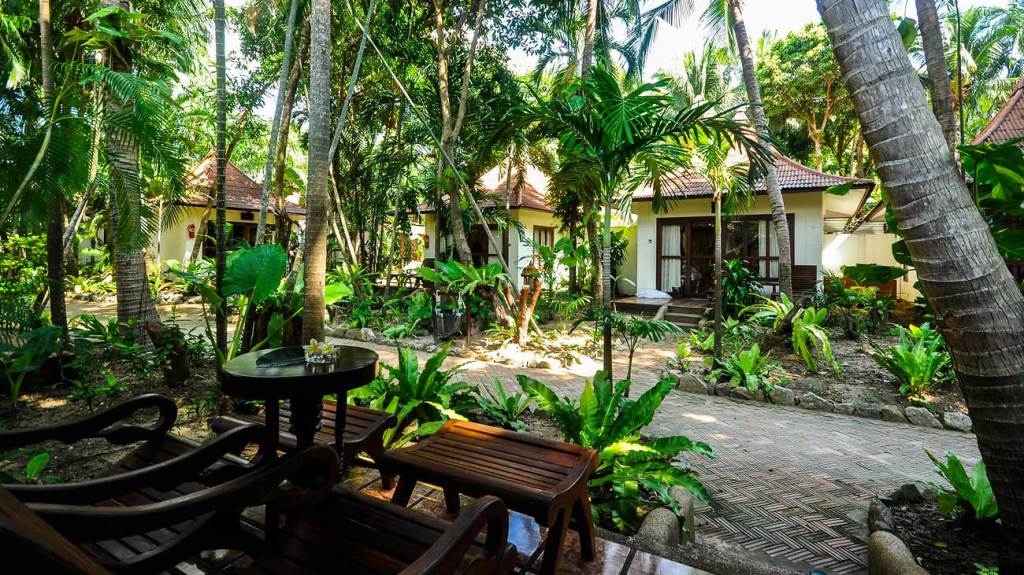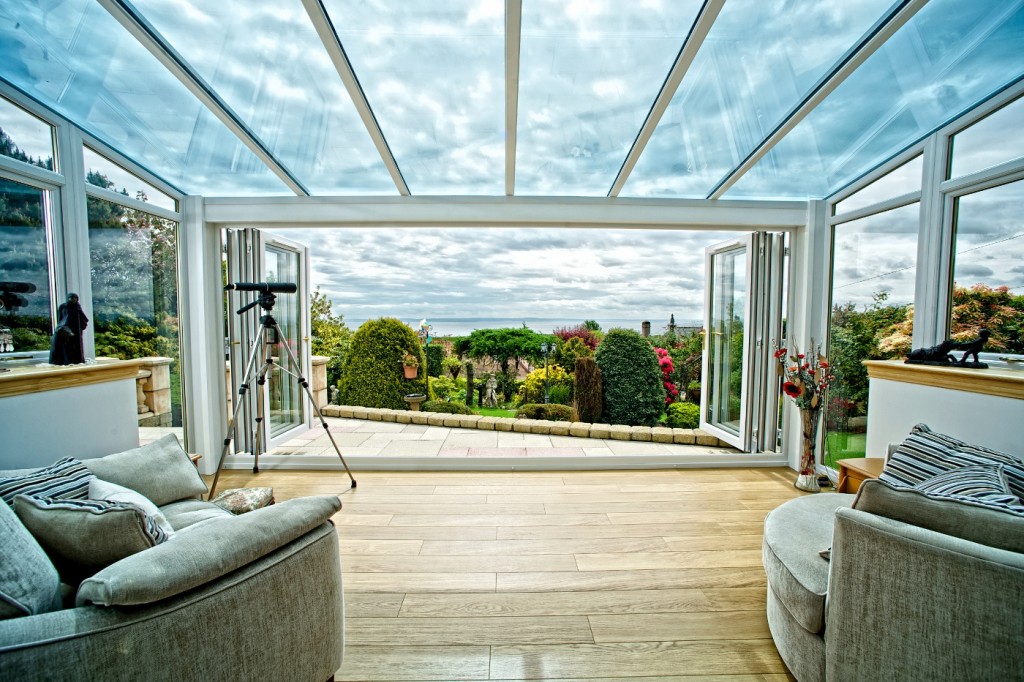The days are darker for longer, the leaves have fallen and you’re already wearing your woolly jumper. Autumn has well and truly arrived – and it’s the perfect time to start next year’s garden makeover.
Indeed, with every year in your home, your garden should look more impressive than the last. Otherwise you’ll be lumbered with nothing better than a yellowing patch of grass, a derelict deckchair and a bush that could really do with a trim.
So, what should you do to give your garden that summery vibe?
Plant bulbs early
As that rich sea of autumn colours hits, the best preparation you can make is to plant your bulbs for spring.
First off, dig up all those old bulbs from the root, and replace any soil to gain the benefit of the wetter weather. Then you simply plant your favourite bulbs (Crocus and Dahlia bulbs are this writer’s personal favourite) and wait for them to bloom into beauty when springtime comes calling.
Lounge outside – inside
In poor, grey-skied Blighty, having a calm day of sun seems about as likely as seeing an elephant tap dance. While the sun might be out, the rain or wind will still blow like a child begging for attention.
So, what’s the solution? Invest in an orangery to lounge those sleepy summers away. Orangeries are similar to conservatories in their build, but offer far more exposure to the sunlight with extra windows embedded in the roof.
Allowing a perfect view of your garden and a great place to lounge, they could even be perfect for winter, if you’re willing to invest in underfloor heating. Just remember to apply suntan lotion during those hot summer days – UV rays still pass through panes of glass.
Let it rot, let it rot, let it rot
If you haven’t already, the green-fingered amongst you should start using all your muck (egg shells, leaves, straw, even table scraps) as ingredients for composting.
Compost rich in natural ingredients can restore the vitality of your soil, giving your plants a renewed lease of life and helping them bloom more effectively. Be sure, however, not to dump toxic waste or old meat into your compost heap – unless you want to see germs eat their way through your plant roots!















